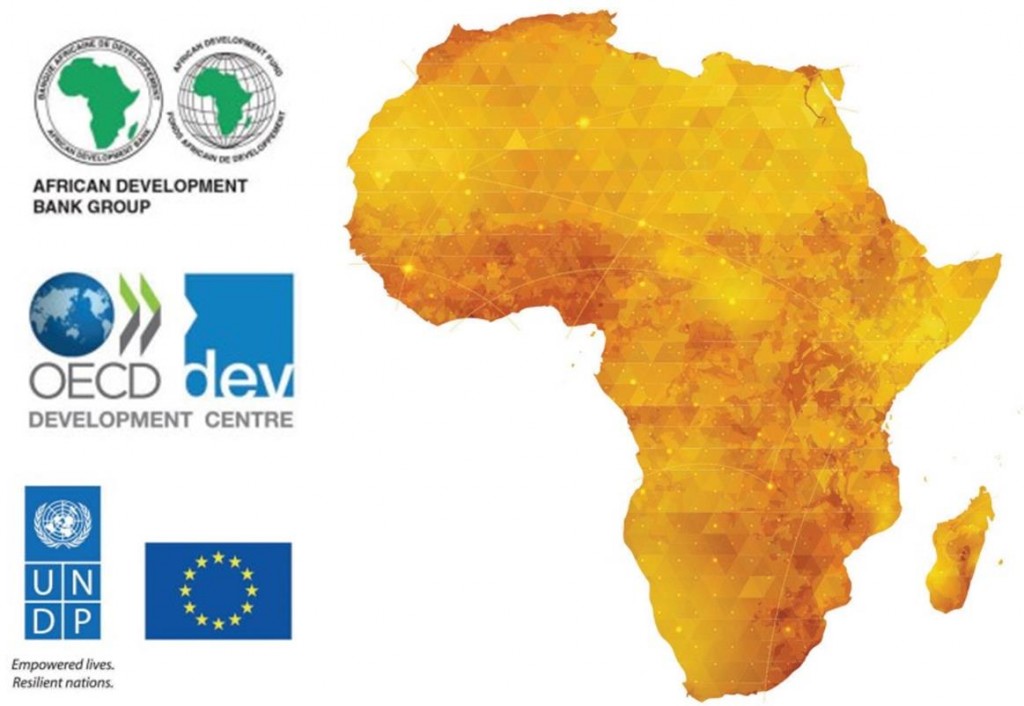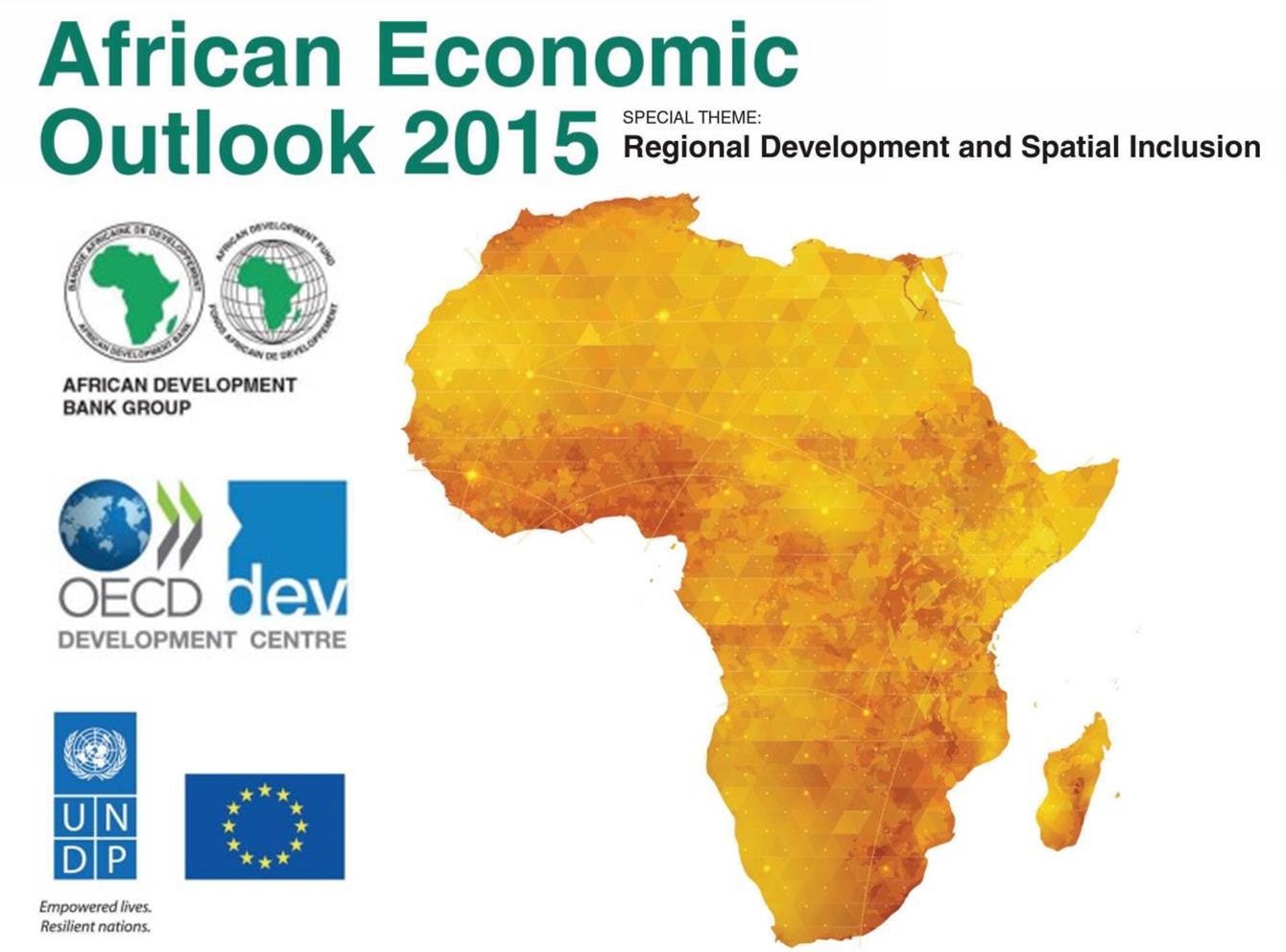The World Bank says that Foreign Direct Investment (FDI) in the African continent is currently at its all-time highest record. The bank says that by the middle of 2015, FDI directed towards African investment reached a record high of $60 billion.
World Bank further says that many multinational companies are still looking for opportunities in Africa for doing business. The corporations that are skeptical about doing business in Africa are doing so because of the continent’s ‘well-publicized challenges’.
Louise Robinson, the MD of Database 360 says some of the problems facing Africa include the political instability, rampant corruption and loose regulations that are either too difficult to adhere to or are changing quite often.
“Doing business in Africa has its challenges, yes, but it offers far bigger opportunities than drawbacks. On average, the continent’s economies will grow 4.5% in 2015 and 5% in 2016, according to the 2015 African Economic Outlook report by the Organization for Economic Co-operation and Development, the African Development Bank, and the United Nations Development Program,” said Robinson as cited by IT News Africa.

“The report predicts that private investment from abroad will grow to $55.2 billion this year, more than 10% higher than last year.”
Robinson furthers says that the challenges that bedevil businesses operating in Africa starts from the very fact that the continent is quite large, the people are from many different cultural backgrounds and many different languages. All these require foreign companies to take a different approach when breaking into different market regions on the continent, not a one-size-fits-all type of approach.
“Many Western investors find themselves daunted by the number of cultural, political, and organizational differences across the region. This makes them reluctant to even try going into one African country, and yet, it is relatively easy to circumnavigate the African business environment with the assistance of a specialist consultancy; and much more difficult without it,” added Robinson.
It is a fact that finding the right strategy to break into the African market is not easy. It needs more than just money to reach the right customers and in the right way. There is also a tremendous concern over the African Economic Outlook Report that revealed facts and figures on the administrative costs and procedures of starting and running a business in Africa. These costs are an enormous demotivating factor for any would-be investors.
Robinson further elaborates on this, “Over and above various cultural and language barriers, which are very important in successfully doing business in Africa, each country has its own specific requirement and needs in terms of legislation and other fundamental factors.
A consultancy that specializes in the African business environment will not only help identify theses within each target market but help define and identify the target market. It’s by virtue of the years of experience and knowledge that a consultancy is able to smooth the process of entering emerging markets, especially those in Africa.”
Robinson vouches for Database 360 given is has been bridging the gap between the investors from industrialized countries looking for business opportunities in African markets for more ten years. Database 360 apparently has a good foothold in Africa and better understands all there is to know about matters investing in Africa.
Database 360 provides consultancy services backed by reliable data and marketing strategies, thus helping businesses reach out to the right audience. The company addresses the lack of credible market information about African markets, given typically there are not well-established institutions that catalogs information in the different market regions across the continent.



